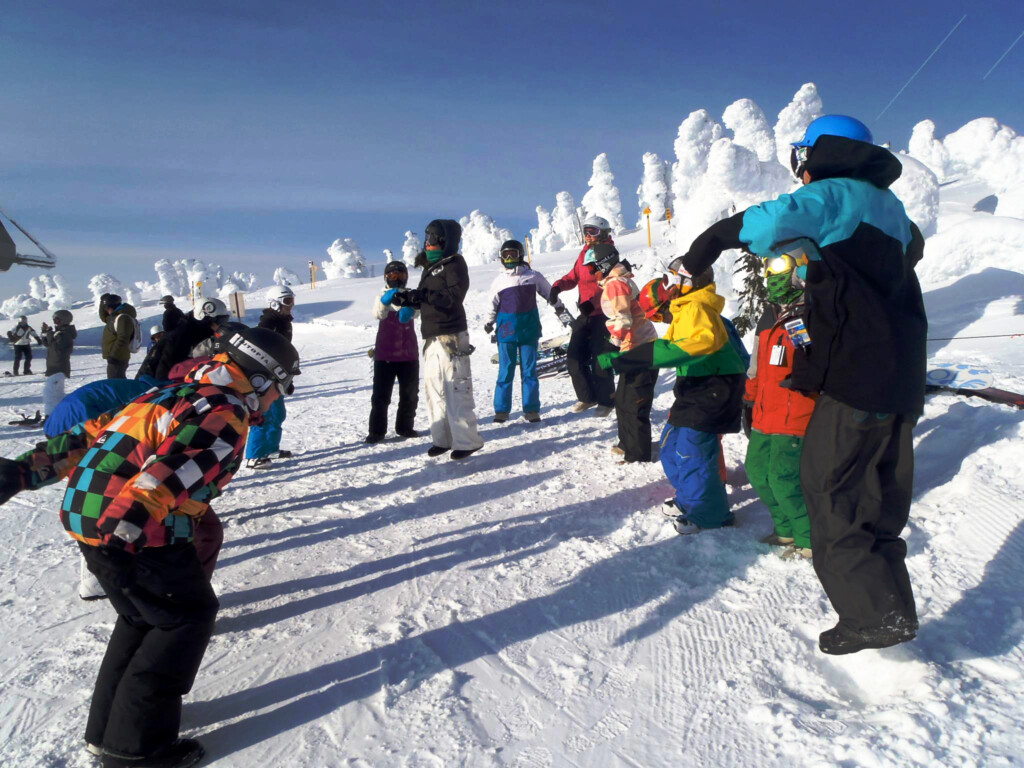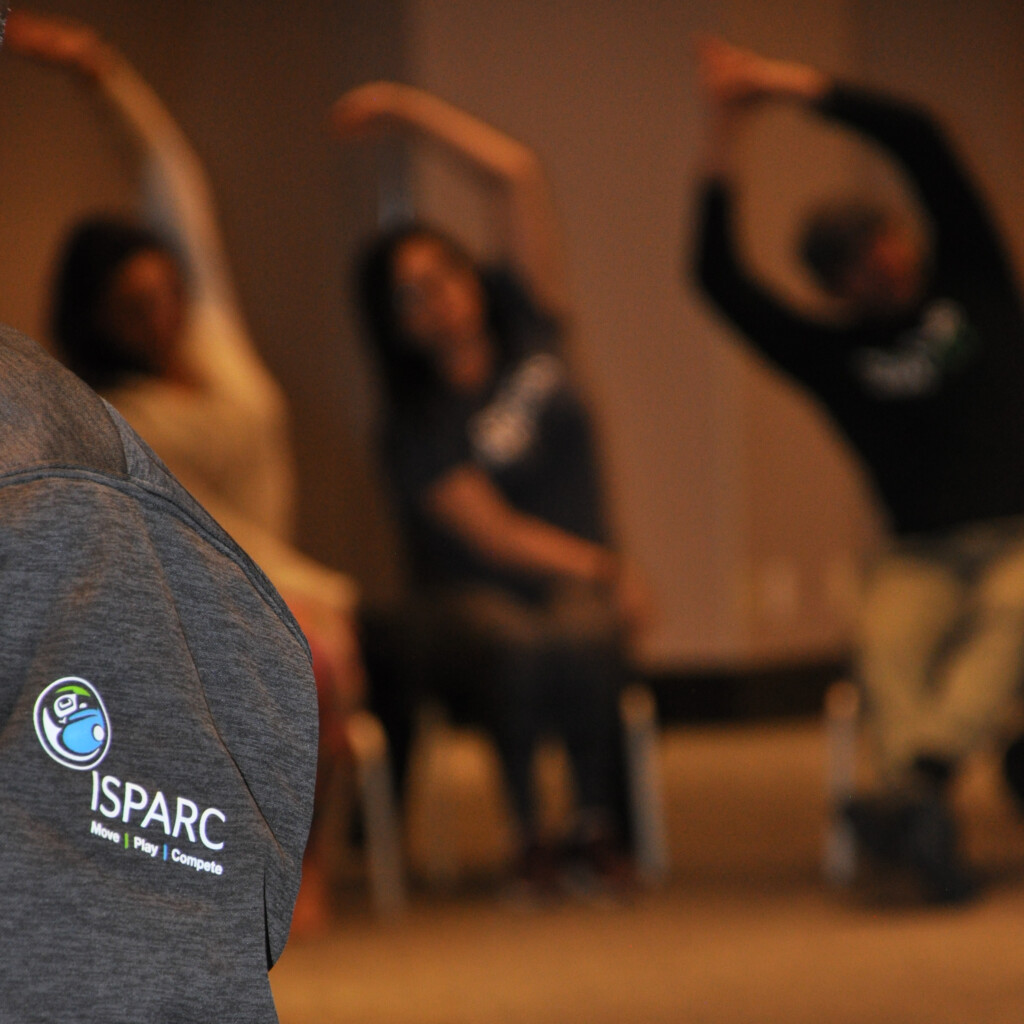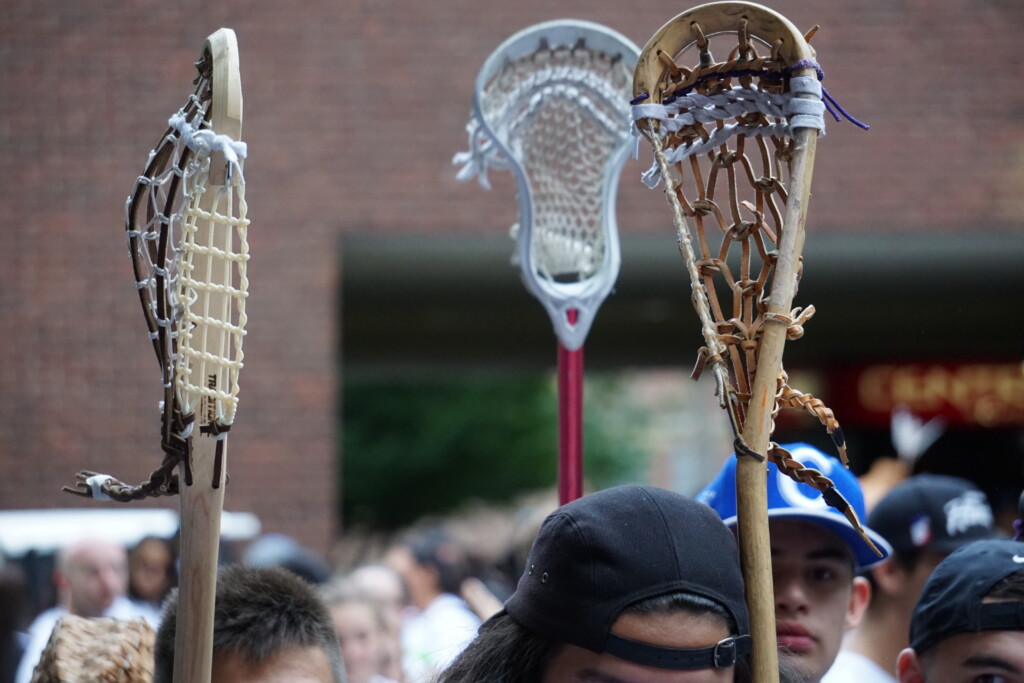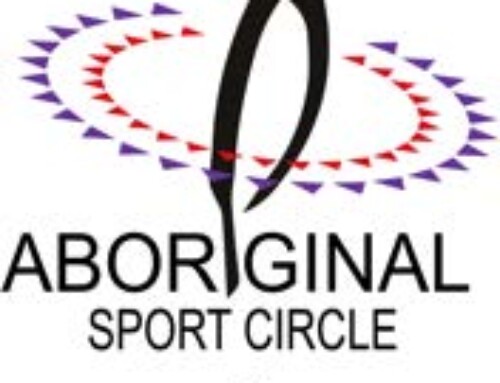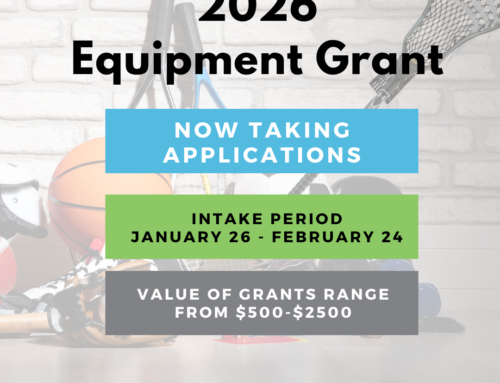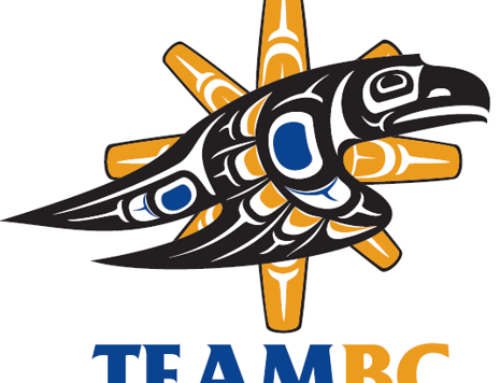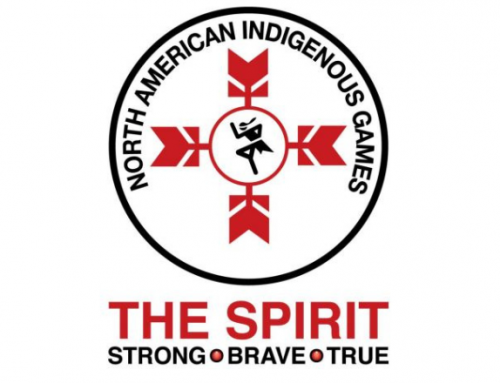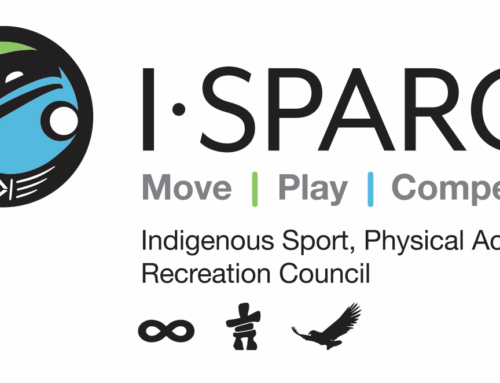Creating a Culture of Safety
The Indigenous Sport, Physical Activity and Recreation Council (I·SPARC) is dedicated to advancing the health and well-being of Indigenous peoples across British Columbia. Central to this commitment is the creation of environments that are safe, inclusive, and respectful—where all individuals can participate in sport, physical activity, recreation, and wellness without fear of harm or discrimination.
Understanding Safe Participation
Safe participation is a comprehensive concept that goes beyond preventing harm. It ensures that everyone involved in I·SPARC programs—whether athletes, leaders, staff, volunteers, or community members—is supported in four key areas:
- Physical Safety involves minimizing the risk of injury, implementing appropriate equipment use, and ensuring access to safe environments for all abilities.
- Emotional Safety supports individuals in expressing themselves freely and without fear of ridicule, judgment, or retaliation.
- Psychological Safety promotes a climate where participants can share ideas, ask questions, and engage openly, knowing they will be treated with respect and understanding.
- Cultural Safety recognizes and embraces the diverse cultural backgrounds of participants, ensuring that programming reflects and respects Indigenous identities, values, and traditions.
Through this holistic lens, I·SPARC strives not only to prevent harm but also to foster environments where Indigenous people feel empowered and uplifted.
I·SPARC’s Approach to Safe Participation
I·SPARC has implemented a range of initiatives and resources to support and protect participants across all levels of involvement. These efforts reflect the organization’s leadership in advancing Safe Sport within Indigenous communities.
✅ 1. Codes of Conduct
To uphold safe and respectful spaces, I·SPARC has developed three distinct Codes of Conduct that apply to different roles within its programming:
i) Team BC Code of Conduct
This code is required for all Team BC Mission Staff, Coaches, Managers, Volunteers, and Athletes participating in the National Aboriginal Hockey Championships (NAHC) or the North American Indigenous Games (NAIG).
ii) Leader Code of Conduct
Applicable to leaders of all I·SPARC-delivered or I·SPARC-funded events, including employees, contractors, coaches, organizers, officials, and volunteers. Leaders are expected to act with integrity and set a strong example for others.
iii) Participant Code of Conduct
All participants in I·SPARC programs and events are subject to and protected by this code. It promotes integrity, honour, respect, and inclusion for all.
✅ 2. Criminal Record Checks
I·SPARC requires all employees, coaches, and volunteers aged 19 or older to submit a valid Criminal Record Check (CRC) on an annual basis, inclusive of a Vulnerable Sector Check. This screening process is essential for creating and maintaining a safe environment and may be updated at any time if needed.
✅ 3. Reporting and Accountability
Concerns related to safety or conduct can be reported directly to safesport@isparc.ca. I·SPARC is committed to responding promptly, respectfully, and in confidence.
✅ 4. Education and Prevention
Education plays a critical role in creating safer spaces. I·SPARC provides resources to help leaders, coaches, participants, families, and communities understand what safe participation looks like and how to prevent maltreatment. These tools aim to strengthen awareness, build capacity, and promote a culture of respect across all I·SPARC programs.
Why This Work Matters
For I·SPARC, safe participation is more than a guideline—it is a guiding principle rooted in respect for every individual’s well-being and cultural identity. Creating safer environments directly contributes to stronger, more resilient Indigenous communities. By prioritizing safety in all its forms—physical, emotional, psychological, and cultural—I·SPARC is helping ensure that every individual feels welcome, valued, and empowered to thrive.
Through these efforts, I·SPARC continues to lead by example in the Indigenous sport, physical activity, and wellness sectors in British Columbia, championing a future where every participant feels protected and proud to be involved.
For a full overview of I·SPARC’s commitment to Safe Participation and to access all educational resources, please visit: https://isparc.ca/safe-participation/.

